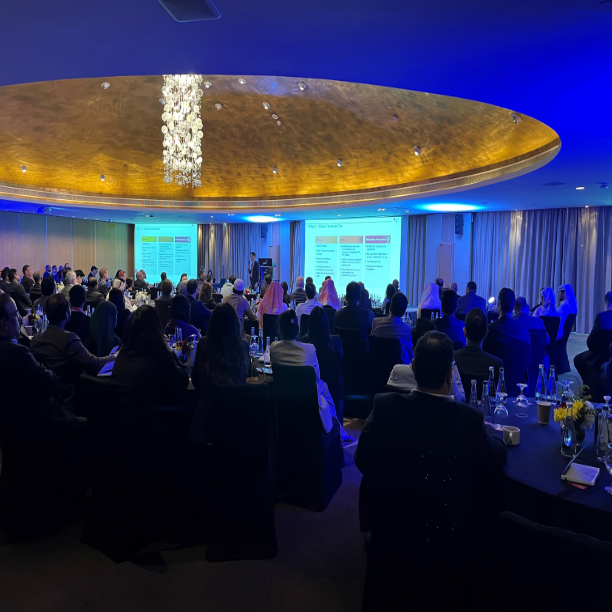PwC Middle East in Qatar hosted its annual tax seminar titled “Back to business - Navigating the changing tax and business landscape in Qatar” on Wednesday, February 1, 2023, at the W hotel, Doha.
The seminar, which was attended by key stakeholders, analysts and media, highlighted important issues related to regional tax developments while sharing insights about what to expect in 2023 to help navigate upcoming challenges. Global minimum tax and its impact on Qatar, tax reform options, possibility of VAT introduction to Qatar, opportunities for restructuring and simplification as well as domestic tax structuring options were among the issues discussed in the first panel of the seminar.
Other panel discussions examined various domestic tax updates including current domestic tax audits, Dhareeba and GTA, QFC tax authority trends, sports levy as well as FIFA related activities and entities tax affairs finalisation. Private business updates related to family office tax planning and latest updates in relation to wealth and family office structuring along with the use of tax technology outsourcing and existing PwC tools were also among the topics of dialogue.
Sajid Khan, PwC Tax & Legal Services leader in Qatar, said: “Since Qatar has successfully hosted the FIFA World Cup 2022, it is now time to focus on the National Vision 2030 to build a sustainable economy. For that, we need to regulate the economy through a very transparent efficient tax system and there are some big developments around the corner that need attention.”
Some of the major tax developments that Qatar needs to consider include the commitment to OECD and global minimum tax, which is an international agreement. The second on the list is the domestic tax reform, followed by the GCC mandate to implement VAT. Since Qatar is an energy rich country, analysts foresee the implementation of environmental and carbon taxes.
On the implementation of global minimum tax and VAT, the PwC tax and legal expert said there will be many options to consider but the protection of Qatari corporations and entities would be a top priority.
Sajid Khan added: “Those options need to be evaluated so you choose the best one to protect the economy and Qatari corporations. Domestic tax reform is also an opportunity to address other matters which would help the Qatari tech industry and economy, but it is important to give enough time for the government to prepare regulations. This entails getting all systems ready for development, with enough notice for the market to prepare and have a phased implementation.”
Mohammed Yaghmour, Tax & Legal Services leader Middle East, said: “There is increased regional competition, given that all GCC countries have their own 2030 visions on the agenda and respective goals they aim to achieve by then. Although Qatar may not be competing on the market size realm, it does have its financial and political muscle, which is what it can leverage on for success.”
He added: “As PwC Middle East Tax & Legal leader for the region, I have watched how taxes have been implemented within the Middle East and I am certain that Qatar is able to equally achieve great outcomes with its potential. A transparent tax system is a great way forward.”



